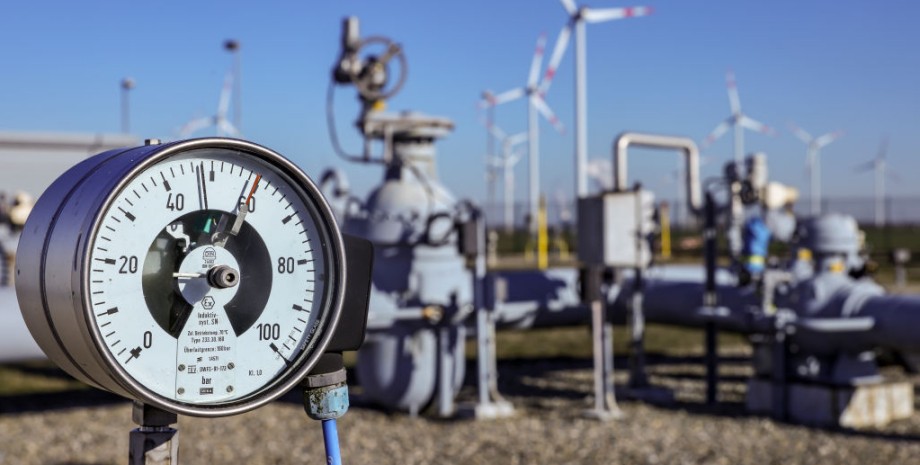
The gas storages of the European Union are almost 90% full, and exports from the USA and Norway made it possible to compensate for the decrease in Russian supplies.
The European gas market is undergoing drastic changes. Due to Russia’s attack on Ukraine and the new sanctions confrontation between the Russian Federation and Western countries, supplies of Russian ‘blue fuel’ to Europe have significantly decreased. So, if at the beginning of 2022 the share of gas from Russia in European imports was 41%, now it has decreased to 7.5%. The head of the European Commission, Ursula von der Leyen, announced this on Twitter.
Despite this, according to Ursula von der Leyen, the gas storages of the European Union are almost 90% full, and exports from the USA and Norway made it possible to compensate for the decrease in Russian supplies.
blockquote ‘Gas reserves are now almost at the level of 90%. This is 15% more than on the same day a year ago,’ said the message of the head of the European Commission. /blockquote
According to Reuters, Norway has become the leader in supplying gas to the EU. And according to the results of 2022, as the journalists write, the Scandinavian country will be able to extract about 122 billion cubic meters. m of gas, which is 8% more than in 2021.
The USA is also helping European countries to cope with the energy crisis. According to Fatih Birol, head of the International Energy Agency (IEA), in July 2022, the United States surpassed Russia for the first time in supplying gas to the European Union.
As a reminder, on October 5, 2022, the Monitoring Committee of the Organization of Petroleum Exporting Countries OPEC+ agreed to cut oil production by 2 million barrels per day. According to the CNN channel, OPEC+ members considered the possibility of cutting production due to a sharp drop in prices, which in recent months have fallen sharply to a level below 90 dollars per barrel. In addition, the situation was influenced by anti-Russian sanctions, within the framework of which EU countries intend to limit oil prices as a punishment for Russia’s invasion of Ukraine.

